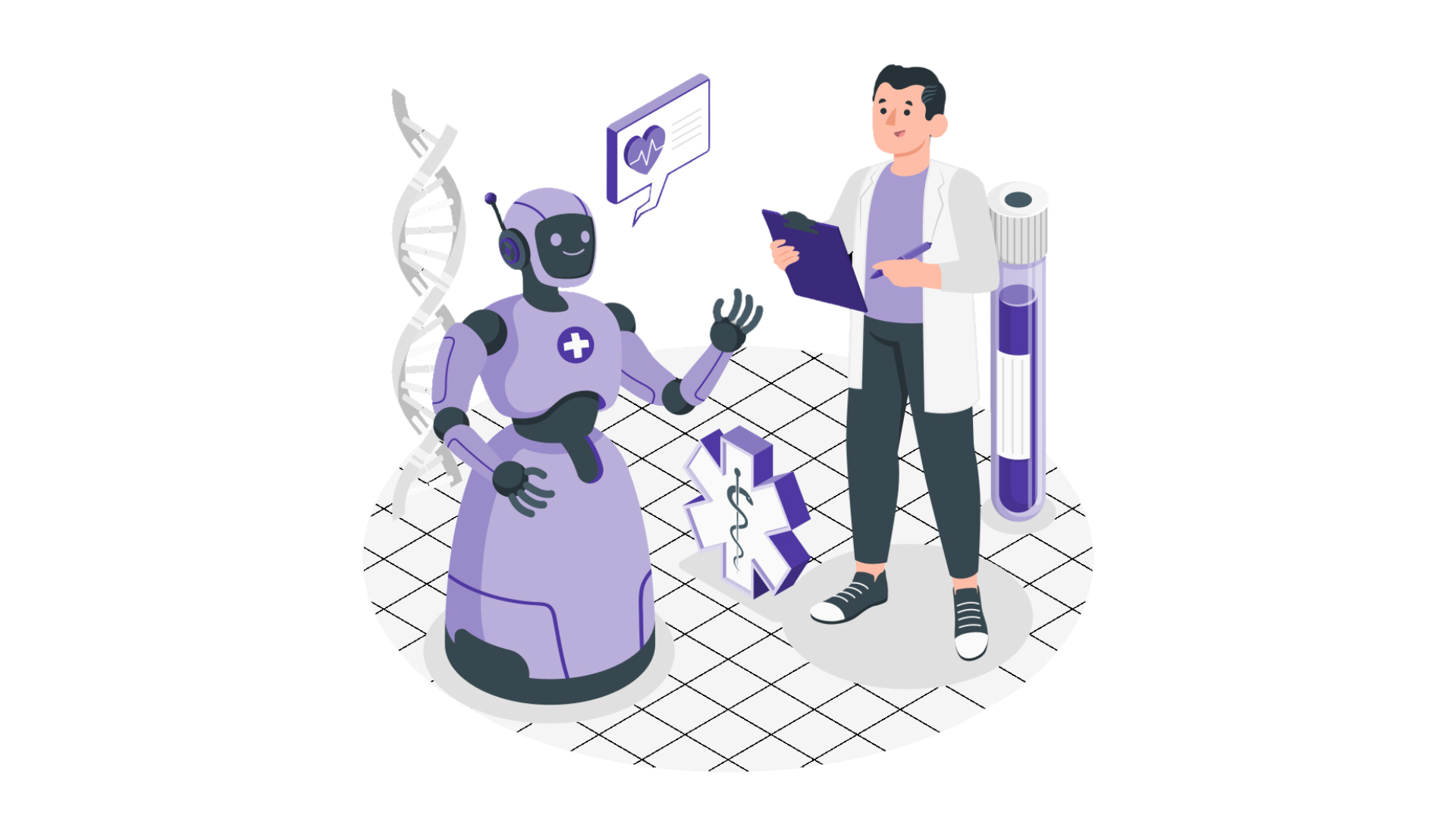
In healthcare, every second matters and every detail counts. Yet, hospitals and clinics often find themselves buried under piles of paperwork, repetitive administrative tasks and outdated systems — despite having tech in every aspect of their operations.
Healthcare automation isn’t just about technology — it’s about freeing up doctors, nurses and staff to do what they do best: care for patients.
From reducing human errors in patient records to enabling AI-driven diagnostics and predictive healthcare, automation is transforming the industry. In this blog, we’ll break down what healthcare automation is, why it’s crucial and how it’s shaping the future of medicine. Let’s get started!
At its core, healthcare automation is about using technology to simplify, streamline and enhance everyday healthcare processes. It involves integrating tools like Artificial Intelligence (AI), Machine Learning (ML) and Robotic Process Automation (RPA) into tasks that are typically manual, repetitive or prone to human error.
Think about appointment scheduling, managing electronic health records (EHR), processing insurance claims or even monitoring patients remotely. Automation steps in to handle these tasks efficiently, reducing administrative burdens and allowing healthcare professionals to focus more on patient care.
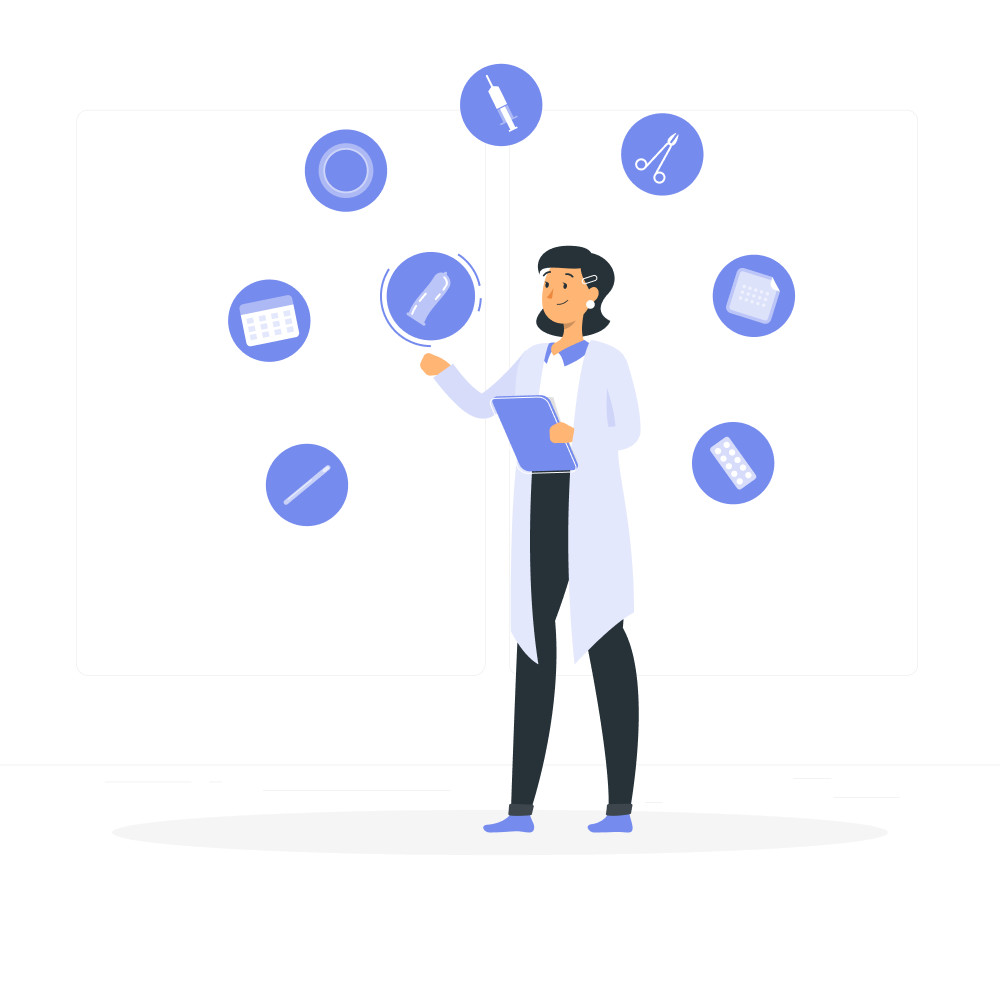
Automation makes you efficient but any institution can make do just fine without it. So why exactly do you need it?
With rising patient volumes, complex administrative workflows and an increasing demand for accuracy, healthcare systems can no longer rely solely on manual processes. Here’s why automation isn’t just helpful — it’s essential:
Mistakes in medical records, billing or prescriptions can have life-altering consequences. Automation minimises these risks by standardising processes and removing the potential for human oversight.
When doctors and nurses aren’t bogged down with paperwork, they can focus on what matters most—patient interaction and care delivery.
From scheduling appointments to processing lab results, automation ensures tasks are completed faster, cutting down unnecessary delays.
Managing vast amounts of patient data manually is both time-consuming and error-prone. Automated systems ensure real-time updates and easy access to critical information.
By reducing manual labour and operational inefficiencies, automation helps healthcare facilities save money while maintaining high-quality care.
From the front desk to the operating room, automation has the potential to improve efficiency across multiple areas and reduce human intervention. Let’s break down the key processes that can be automated:
Administrative inefficiencies are one of the biggest bottlenecks in healthcare. Automation addresses these challenges by taking over repetitive, time-consuming tasks:
Appointment scheduling: Patients can book, reschedule or cancel appointments through self-service portals. Automated reminders reduce no-shows and improve resource planning.
Billing and claims processing: Automation ensures accurate billing, faster insurance claims processing and reduced errors, saving both time and money.
Patient registration: Digital registration forms and automated check-in kiosks streamline the process, reducing wait times and minimising manual errors.
Document management: From patient intake forms to discharge summaries, automated document workflows ensure everything is properly filed and easily accessible.
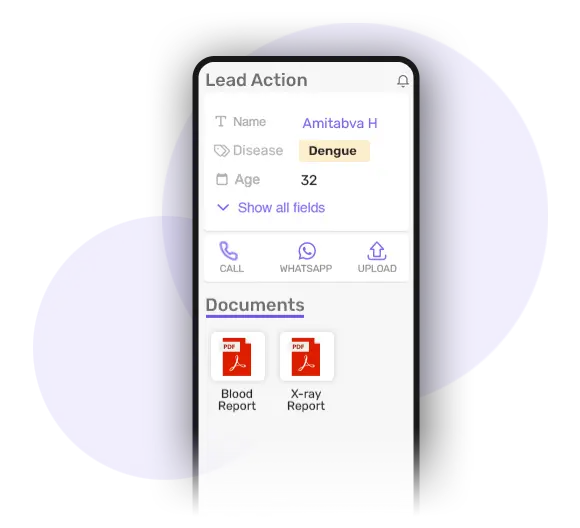
Managing patient records manually is not only inefficient but also risky. Automation revolutionises EHR management by:
Ensuring real-time updates: Patient records are updated instantly after every consultation or test
Enabling quick access: Doctors and nurses can instantly retrieve patient history, lab results and prescriptions
Improving data accuracy: Automation reduces the risk of transcription errors, ensuring every detail is recorded correctly
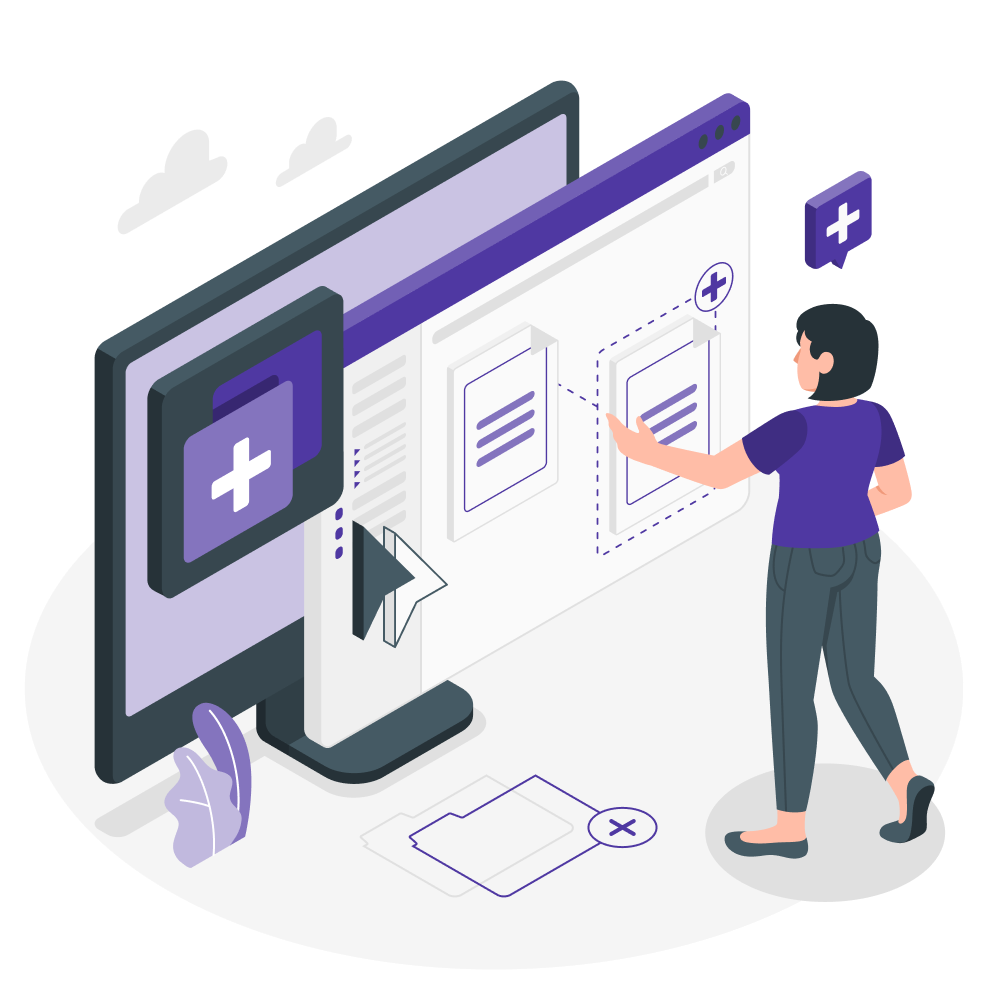
Hospitals handle thousands of medical supplies, from syringes to life-saving equipment. Automation brings clarity and efficiency to inventory management:
Real-time tracking: Keep tabs on stock levels and avoid critical shortages
Automated reordering: Systems can predict supply needs and trigger orders automatically
Waste reduction: Automation prevents overstocking and reduces expired inventory losses
Automation supports medical professionals in making informed, timely decisions while reducing the risk of human error:
Diagnostic automation: AI-powered tools analyse medical scans, such as X-rays and MRIs, with exceptional accuracy
Medication management: Automated dispensing systems ensure correct dosages are given to the right patients at the right time
Remote patient monitoring: Wearable devices and IoT-powered tools monitor patient vitals in real -time and send alerts for anomalies
Clinical decision support systems (CDSS): These systems provide evidence-based recommendations to healthcare providers during treatment planning
Clear communication is essential for positive patient outcomes, and automation makes it more efficient:
Automated appointment reminders: Patients receive WhatsApp, SMS or email notifications for upcoming appointments with the help of automation tools and healthcare CRMs
Chatbots for basic queries: Virtual assistants can handle appointment scheduling, FAQs and prescription refills
Patient portals: Automation gives patients access to test results, treatment plans and communication with healthcare providers
Feedback systems: Automated surveys help gather insights into patient satisfaction
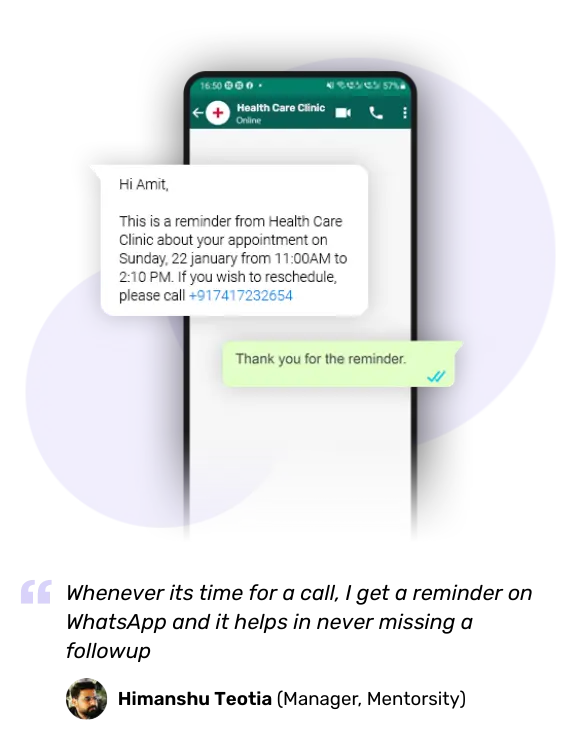
Healthcare is a highly regulated industry, and non-compliance can lead to severe consequences. Automation simplifies compliance management:
Real-time audits: Automated systems track every action, creating clear audit trails
Data security: Automated compliance tools ensure sensitive patient data adheres to standards like HIPAA or GDPR, reinforcing strong data security at every step.
Error-free reporting: Generate accurate compliance and performance reports with minimal manual intervention
AI is here to stay for a long long time. Its use cases will only broaden going forward and the healthcare industry can greatly benefit from AI readiness. Here are some ways AI can help:
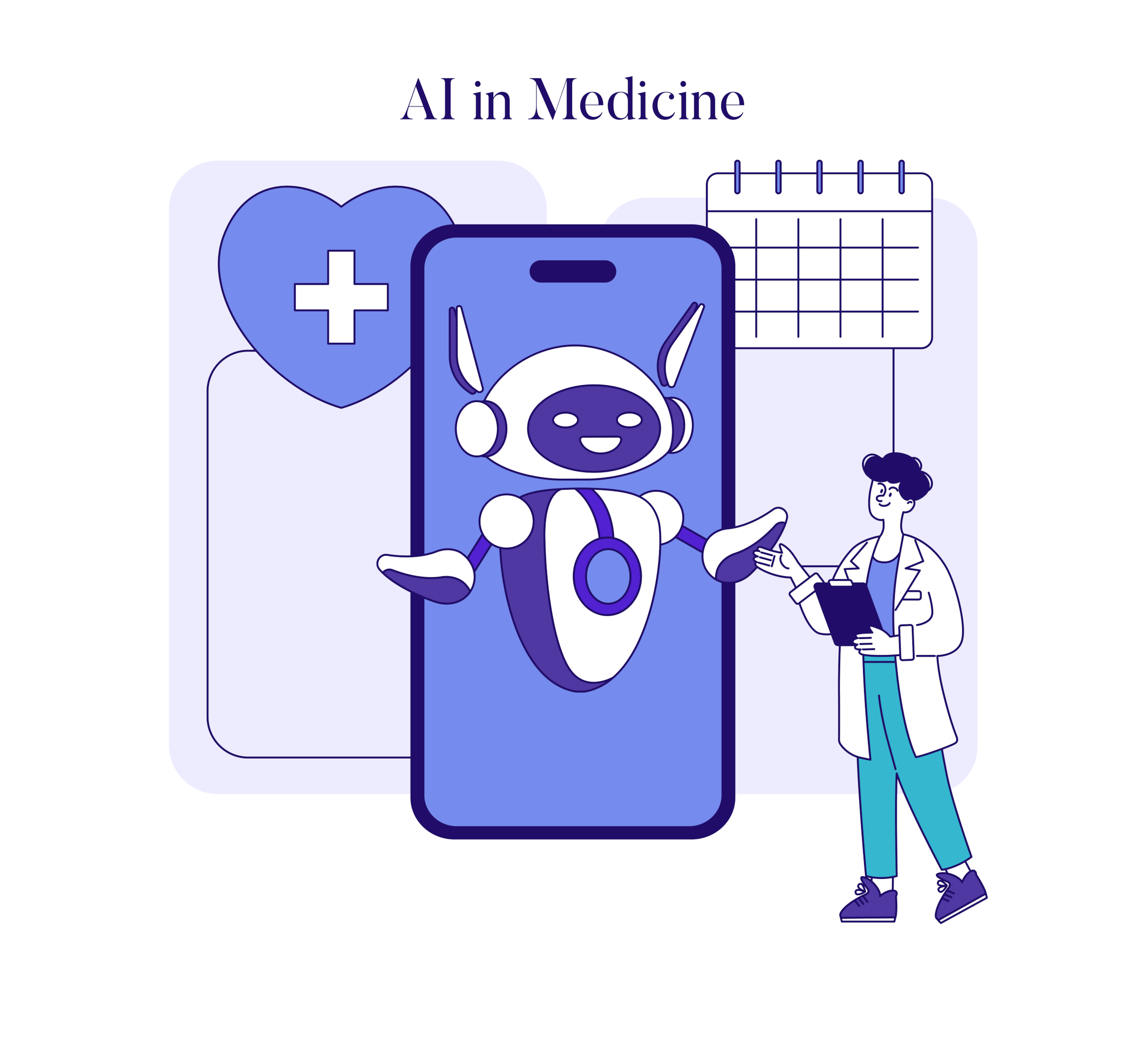
AI algorithms can analyse medical images like X-rays, MRIs and CT scans with exceptional accuracy, often detecting patterns invisible to the human eye. For example:
Early disease detection: AI can identify early signs of diseases like cancer, significantly improving survival rates
Quicker diagnosis: AI-powered tools reduce the time taken to deliver accurate diagnostic reports
AI doesn’t just analyse current data; it can predict future health risks based on trends in patient data.
Chronic disease prediction: AI models can flag early warning signs of diabetes, heart disease or kidney failure
Hospital resource planning: Predictive analytics can forecast patient admission rates, helping hospitals allocate staff and resources efficiently
No two patients are the same and AI understands that.
Tailored medication plans: AI helps doctors create personalised drug regimens based on genetic data, health history and current conditions
Real-time adjustments: AI can adapt treatment plans dynamically as a patient’s condition evolves
Wearable devices and remote monitoring tools powered by AI are transforming patient care beyond hospital walls.
Continuous monitoring: Smart devices track vitals like heart rate, blood pressure and oxygen levels in real-time
Automated alerts: AI sends alerts to healthcare providers if it detects anomalies in a patient’s data
Traditional drug discovery is costly and time-consuming, often taking over a decade. AI can help accelerate this process significantly.
Drug simulation: AI can simulate millions of chemical reactions to find the most effective drug compositions
Clinical trials optimisation: AI helps select the right candidates for clinical trials, improving efficiency and outcomes
Automation in healthcare relies on a diverse set of tools, each addressing specific challenges and are not a one-size-fits-all solution; they’re carefully selected based on the needs, scale and goals of healthcare organisations.
Below are some key healthcare management systems that are reshaping healthcare operations:
Manually managing patient data is no longer sustainable. Electronic Health Record (EHR) systems digitise patient information, providing instant access and seamless sharing across teams.
What they do: Digitise medical records, offer real-time updates and streamline inter-departmental data sharing through intuitive healthcare dashboards
Why they matter: Reduce errors, improve care coordination and save time on data retrieval
Best for: Hospitals, clinics, speciality healthcare facilities
Leading tools: Epic Systems, Cerner Millennium, Allscripts
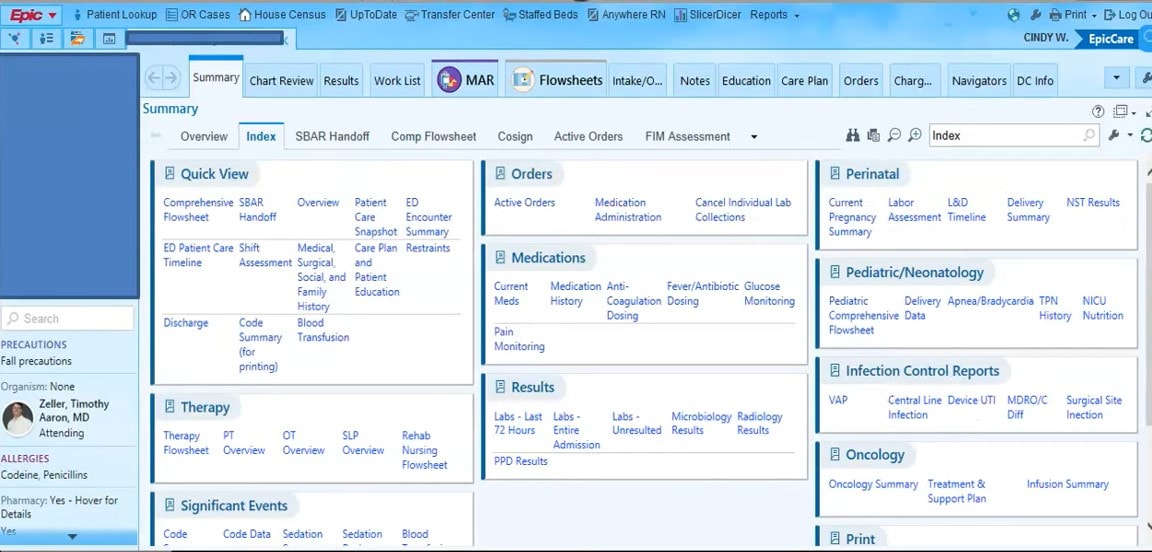
Repetitive, rule-based tasks consume valuable staff time. RPA tools automate these mundane tasks, improving accuracy and efficiency.
What they do: Automate appointment scheduling, claims processing, data entry and billing tasks
Why they matter: Reduce errors, accelerate workflows and free up staff for more strategic responsibilities
Best for: Billing departments, front desk operations, insurance claims teams
Leading tools: UiPath, Blue Prism, Automation Anywhere
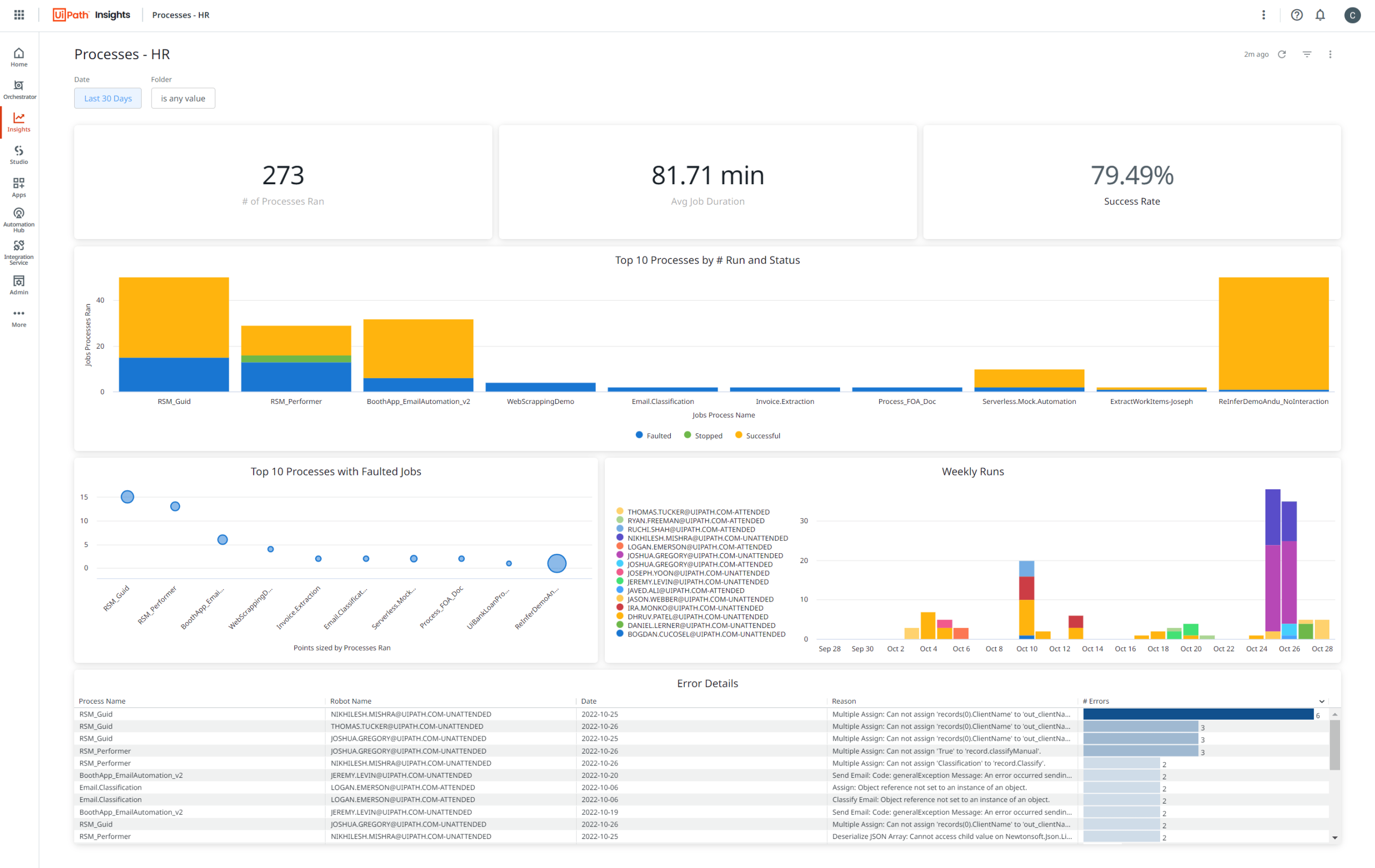
AI tools analyze complex datasets to deliver accurate diagnoses, detect patterns and even predict health outcomes.
What they do: Analyse medical images, detect early disease markers and suggest treatment pathways
Why they matter: Enhance diagnostic accuracy, reduce human errors and enable early interventions
Best for: Radiology, oncology, pathology labs
Leading tools: IBM Watson Health, Aidoc, Arterys
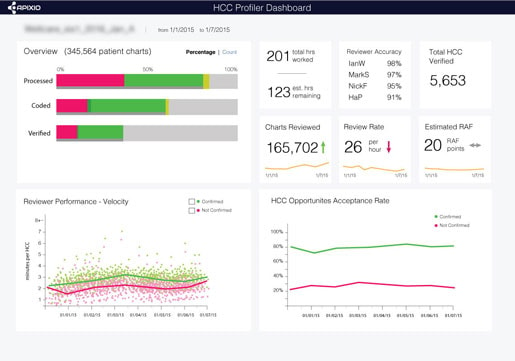
With remote patient monitoring tools, healthcare providers can track patients’ vital signs in real-time, even outside hospital walls.
What they do: Monitor heart rate, oxygen levels, blood pressure and glucose levels
Why they matter: Enable proactive care, reduce hospital readmissions and empower patients in self-management
Best for: Chronic disease management, elderly care and post-operative recovery
Leading tools: Medtronic CareLink, Biofourmis, Philips IntelliVue
Running out of essential supplies isn’t an option in healthcare. Inventory management systems automate stock monitoring and reordering.
What they do: Track stock levels, predict supply needs and prevent overstocking or understocking
Why they matter: Save costs, reduce wastage and ensure critical supplies are always available
Best for: Pharmacies, surgical departments, supply chain managers
Leading tools: SAP Healthcare, Oracle NetSuite, Tecsys
A healthcare CRM system helps healthcare providers manage relationships with patients, improve engagement and streamline service delivery.
What they do: Track patient interactions, automate follow-ups and personalise communication
Why they matter: Improve patient retention, create tailored care plans and streamline communication channels
Best for: Hospitals, outpatient services, dental and speciality care providers
Leading tools: Telecrm, Salesforce Health Cloud, Zoho CRM for Healthcare, HubSpot CRM
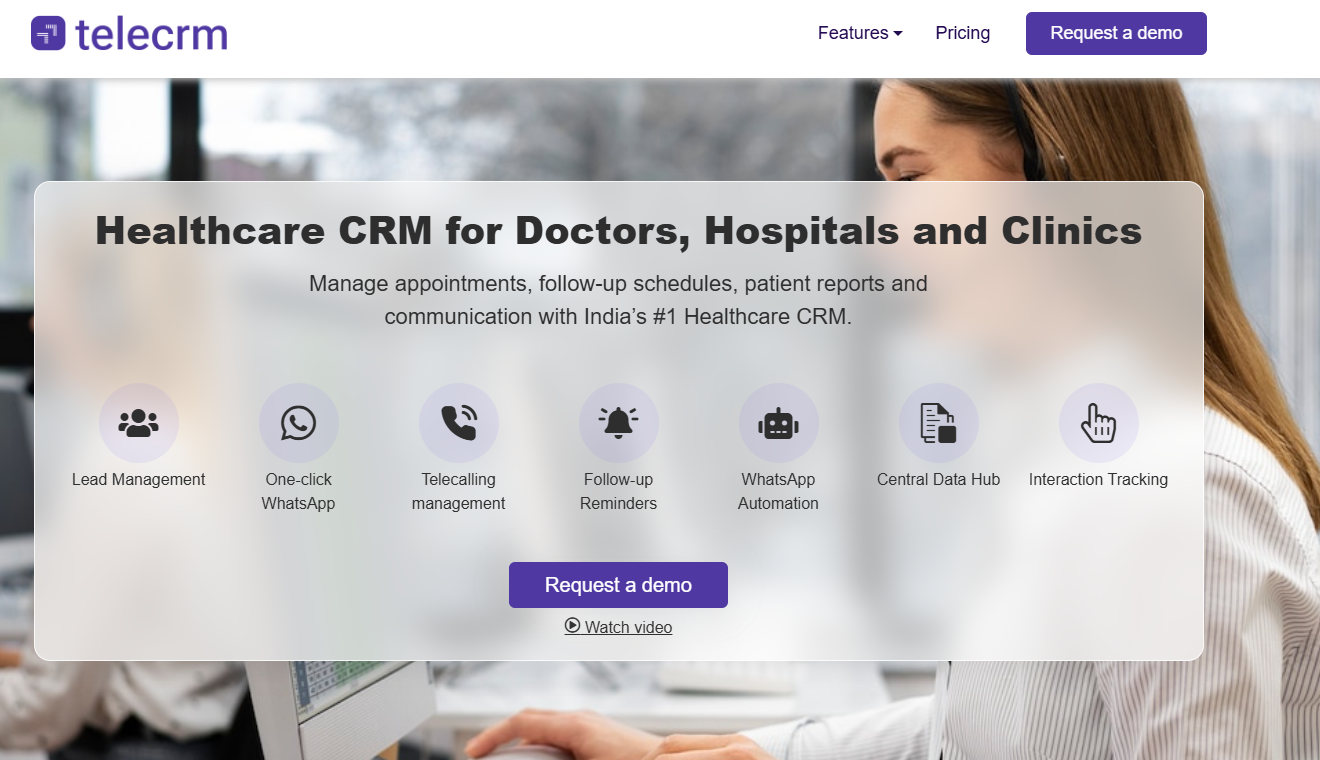
From simplifying administrative tasks and enhancing diagnostics to enabling remote patient care and improving data security, healthcare automation is transforming every corner of the industry.
Whether you’re managing a small clinic or overseeing operations in a large hospital network, the journey toward healthcare automation begins with a simple step: identifying your biggest challenges and selecting the right tools to address them.
If you’re looking to improve patient relationships, you should consider a healthcare CRM like Telecrm – an all-in-one relationship management and automation software with features like document management, patient history and interaction tracking and automated workflows.
So what are you waiting for, take your first step to healthcare automation today!


© Copyright 2025 Telecrm.in - All Rights Reserved • Privacy Policy • T&C
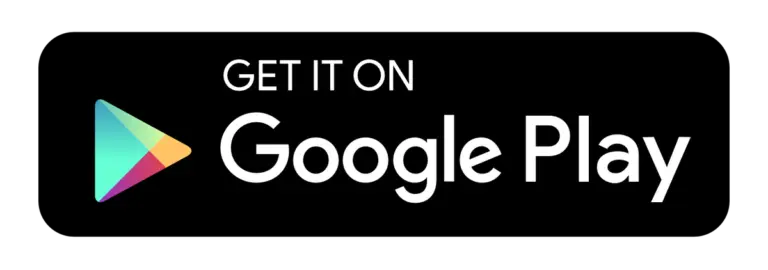

© Copyright 2025 Telecrm.in - All Rights Reserved • Privacy Policy • T&C